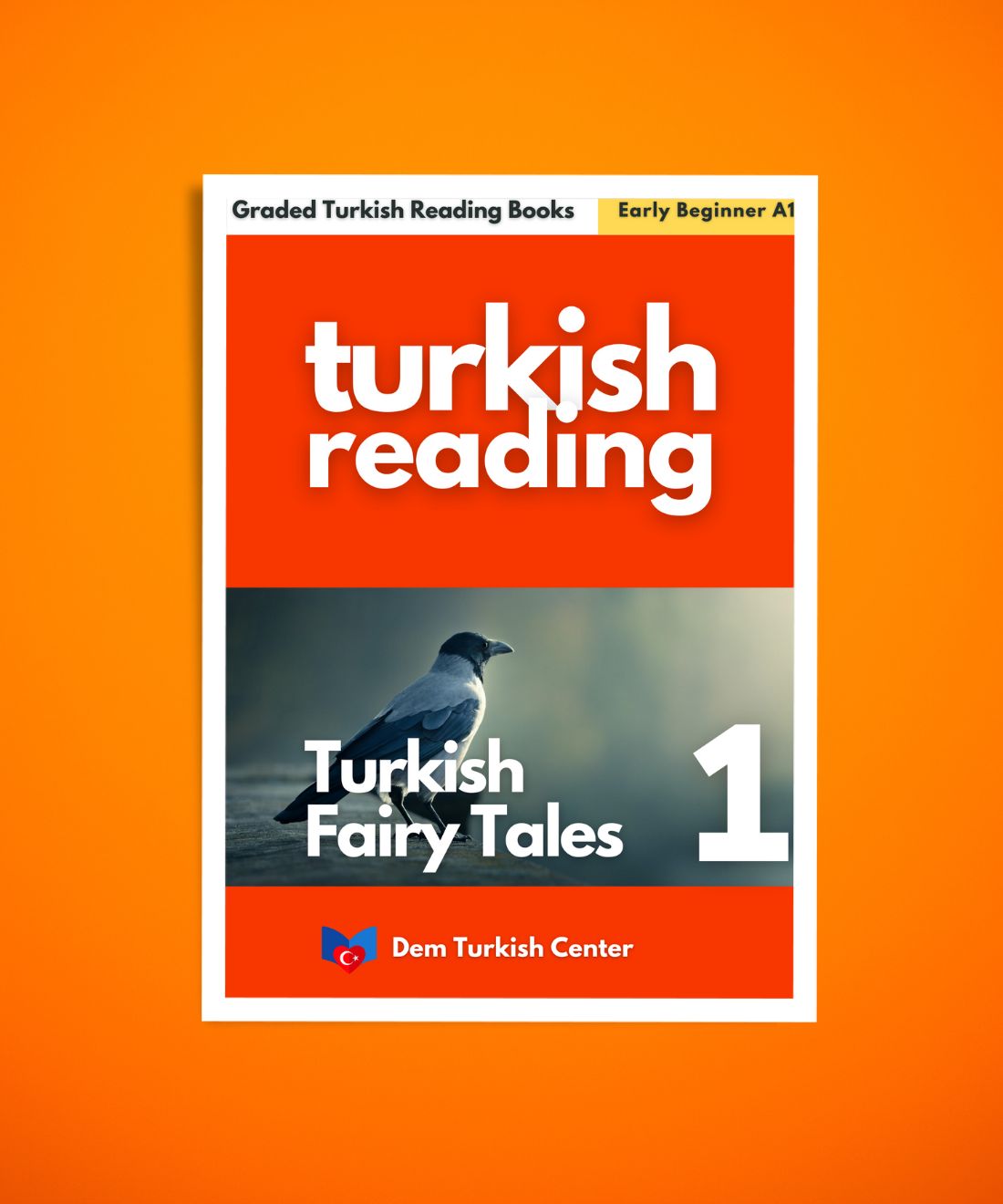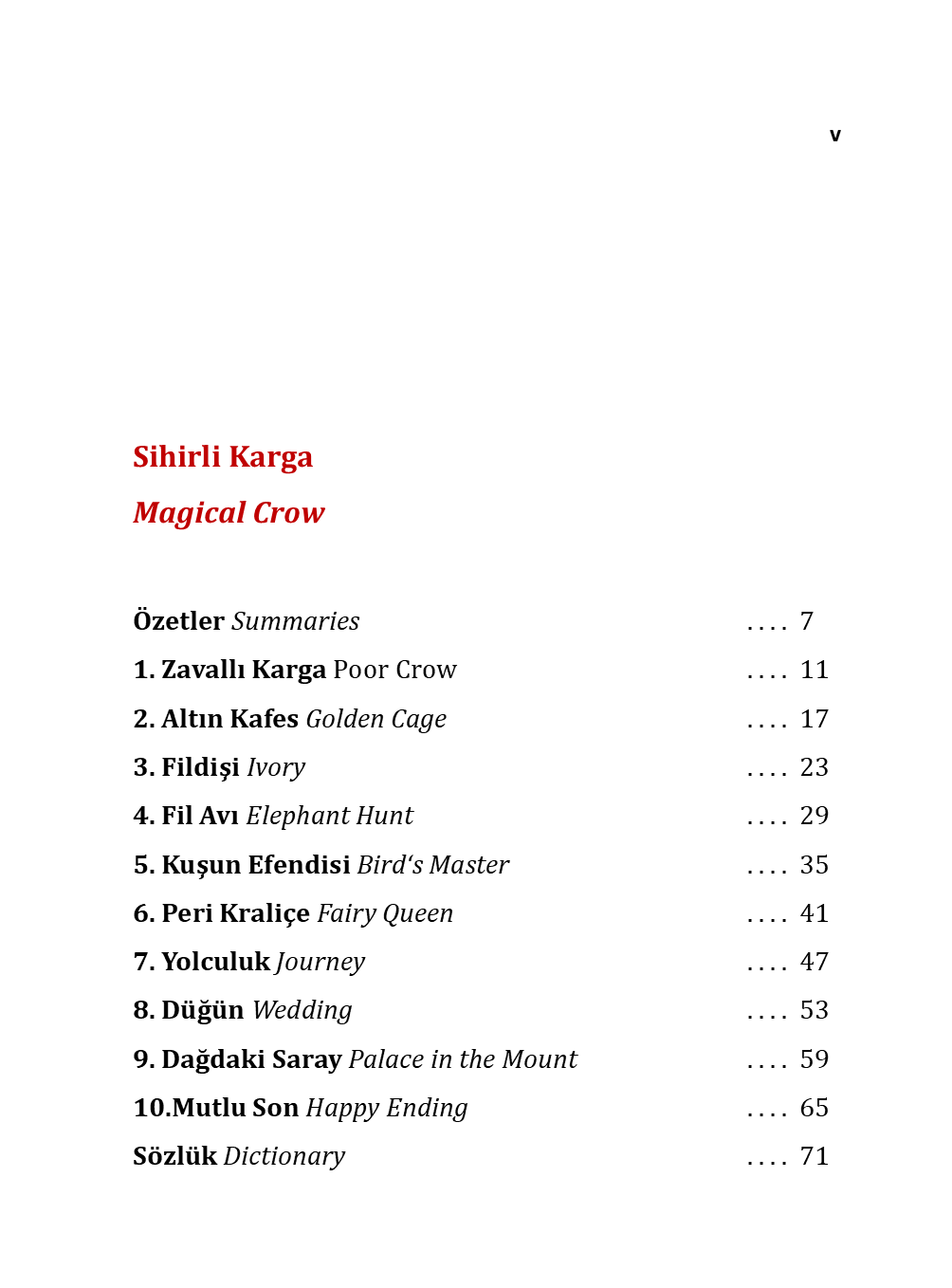
Suffix KI in Turkish Language
Most students have difficulty in learning how to use the suffix - KI in Turkish language. Learn how to form and use "Suffix - KI" in Turkish in this short Turkish language lesson. This Turkish lesson is ideal for beginner (A2) or pre-intermediate Turkish language learners.
Please feel free to use the comment form below if you have questions about this Turkish grammar point.
"Suffix - KI" in Turkish
"KI" in Turkish is used in two ways: 1) A conjunction (That) 2) A suffix.
"KI" used as a conjunction
"KI" is a separate word if used as a conjunction. This word is used as "That" (for "that" clauses) in English. For example:
- Ben biliyorum ki, o ... I know that he ...
- Ben duydum ki, o ... I heard that he ...
- Ben dedim ki, o ... I said that he ...
"KI" used a suffix
Suffix - KI is attached to a noun in the locative (– de / da) case (place) and it is used to describe a noun, just like an adjective. The question is "hangi". For example:
- Kız nerede? Kız kafede. Where is the girl? The girl is in the café.
- Hangi kız Oya? Kafedeki kız Oya. Which girl is Oya? The girl in the café is Oya.
"Kafede" in the first example is the location of the sentence.
"Kafedeki" in the example is used to describe a noun (kız).
Study more examples:
- İstanbul’daki trafik çok kötü. The traffic in Istanbul is very bad.(Which traffic? The traffic in Istanbul)
- Kafedeki adam benim babam. The man in the café is my father. (Which man? The man in the café)
This form is also used with time expressions to make them a describing word (an adjective in a way). For example:
- Bu akşamki ders The class this evening / This evening’s class
- Yarınki toplantı The meeting tomorrow / Tomorrow’s meeting
There is no vowel harmony for this form nd it is always "-ki", except for the words "dün & bugün". If the last vowel is "– ü –" (such as "dün, bugün"), the suffix becomes - kü. For example:
- Bugünkü ders The class today / Today’s class
- Dünkü ders The class yesterday / Yesterday’s class
Practice. Answer the questions.
- Hangi adam? (arabada) Arabadaki adam.
- Hangi kadın? (kafede)
- Hangi resim? (duvarda)
- Hangi öğrenciler? (okulda)
- Hangi süt? (dolapta)
- Hangi toplantı? (yarın)
- Hangi yolcular? (otobüste)
- Hangi restoranlar? (Fransa)
- Hangi fotoğraflar? (kitapta)
Practice. Answer the questions.
- Hangi para yeterli? (benim cebim) Cebimdeki para yeterli.
- Hangi film çok ilginçti? (dün gece)
- Hangi doktorlar yorgun? (hastanede)
- Hangi saraylar güzel? (İstanbul)
- Hangi öğrenciler tembel? (sınıfta)
- Hangi toplantı önemli? (bu sabah)
- Hangi tren kalkıyor? (istasyon)
- Hangi yazı çok ilginç? (dergi)
We hope you found this lesson useful for your Turkish studies. Please use the comment form below if you have questions about this Turkish grammar point.
BECOME A DEM TURKISH CENTER MEMBER!
Thank you very much for your interest and visiting Dem Turkish Center bookstore. We hope our Turkish language courses and lessons will be very helpful for your Turkish studies.














